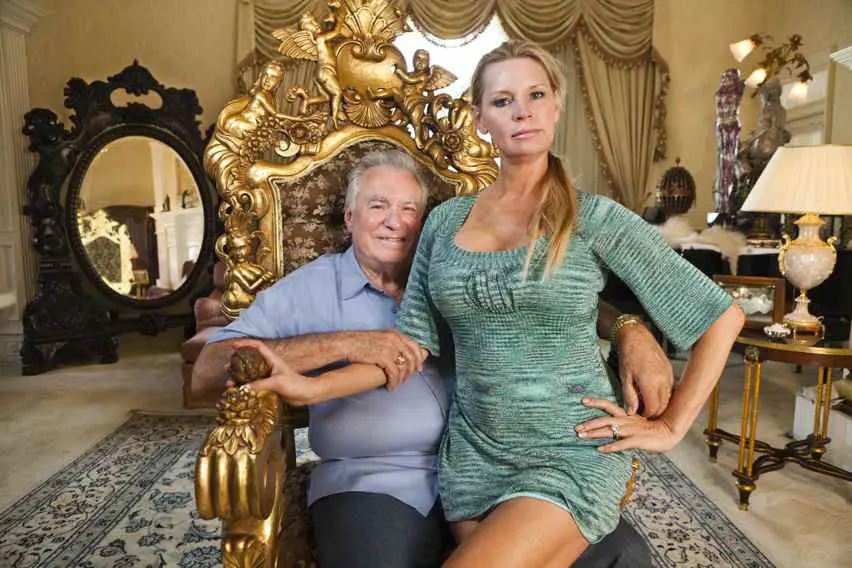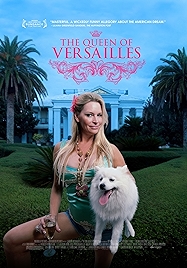A movie for every day of the year – a good one
5 June
John Maynard Keynes born, 1883
On this day in the 1883, the economist John Maynard Keynes was born, in Cambridge, to an economist father and a social reformer mother. A mathematics prodigy as a child, he won a scholarship to Eton College, then went to King’s College, Cambridge, where he studied mathematics on a scholarship, graduating in 1904. After a short career as a clerk in the India Office, Keynes resigned and returned to Cambridge, where he started studying economics. By 1909 he had published his first article on economics. By 1911 he was editor of The Economic Journal.
By 1913 he had published his first book, Indian Currency and Finance. During the First World War he worked at the Treasury, where his work in the field of currency acquisition and manipulation got him noticed. He was the Treasury’s representative at the Versailles peace conference at the end of the First World War. Keynes believed that penalising Germany too heavily for the war would lead to further conflict and that an economically strong Germany would be good for all parties. His views were ignored.
He wrote The Economic Consequences of Peace as a result, which predicted disaster in Europe as a result of the peace of Versailles. Throughout the 1920s he argued against a currency fixed to gold (and lost) and for the depreciation of the currency to boost jobs at home and make goods more affordable overseas (and lost). His Treatise on Money followed in the 1920s, which pointed out that money, prices and jobs are all interlinked – if people aren’t spending, jobs will suffer. In the 1930s he wrote The Means to Prosperity, which concluded that governments had taken the wrong approach to the 1929 Crash and should have spent their way out of recession, an argument so counter-intuitive politicians (who in the main manage economies as if they were household budgets, ignoring the wealth generating side of the equation) still cannot grasp it.
In 1936 he published his most famous work, The General Theory of Employment, Interest and Money, on which his fame as an economist rests. It is the bible of interventionist economist.
As the Second World War came to an end Keynes became inaugural chairman of the World Bank and helped establish the Bretton Woods system, which ensured financial stability in the post War world. He also helped negotiate the huge loans that the US made to the UK at the end of the War. He died in 1946, his ideas in the ascendant, though he himself was toying with a revision of them – an injection of the “hidden hand” of Adam Smith, the classical liberal economist whose ideas about the beneficial workings of a free market he’d spent his lifetime arguing against.
The Queen of Versailles (2012, dir: Lauren Greenfield)
David Siegel is 74 and owns the biggest timeshare company in the world. Together with Jaqueline Siegel, his 43-year-old trophy wife and former beauty queen, he’s building the “biggest home in America”. And Lauren Greenfield’s documentary is there to watch it happen – the sushi bar, the bowling alley, the sauna, the baseball field, yadda yadda. It’s a place inspired by a visit to Louis XIV’s palace in Versailles, on the outskirts of Paris. Well, that was the original plan. Until reality intervened.
Like Capturing the Friedmans before it, which started out making one documentary but ended up with something quite different, The Queen of Versailles is massively derailed by a large fly in the ointment, to mix messy metaphors. Viz: the economic collapse, as a result of which the Siegels go broke. Not broke broke, just broke in billionaire terms, obviously. But it does mean that Jaqueline has to start flying in a normal plane with normal people, that she has to hire her own Hertz rental car (and is taken aback by the absence of a driver). It’s somewhere round this point that Greenfield’s documentary gains traction, morphing from a point-and-gawp exposé of the very wealthy and not entirely tasteful, with “rich people say the cutest things” fascination, and turning into something which everyone who was stung by the economic downturn can relate to – albeit in a metaphorical manner.
The staff are laid off, Jaqueline has her Hertz moment, and soon the devastation is beginning to pile up – the pet lizard dies, the tropical fish are belly up in their tank, there is dog shit on the carpets in the house because no one is cleaning up any more. The superhouse is in mothballs.
There’s nothing more depressing than watching an already poor family going through hard times. But watching rich people trying to tighten the belt, selling stuff, doing without luxuries, that’s less invasive, because it’s all relative and they’re not down to the last buck and anyway they invited the cameras in, no duress. But it’s the same basic process – the initial inability to understand the severity of the situation, followed by the taking of half-hearted measures, followed by lethargy, then panic laced with fantasy recovery scenarios.
Spicing this is the Siegels themselves, outspoken in the way that people are when they don’t have to watch their tongues – David claims his possibly illegal machinations mean he was “personally responsible for the re-election of George Bush in 2000”. Lauren, for her part, is worried about being over 40 – “He told me that when I hit 40 he was going to trade me in for two 20-year-olds”.
Against this we have the Filipino nanny who is sending money back to her child at home. The last time she saw him he was seven. He’s now 26. And there’s the limo driver, who also used to be a multi-millionaire, owned 19 properties, now has nothing and is driving cars.
For David Siegel the whole thing has been a reality check – “we need to live within our means. Don’t spend money we don’t have.” In this sense Jaqueline – big silicone tits, bottle blonde, a touch of work done on the face – is the perfect stand in for all of us. Overpumped, over-caffeinated, in the dark, a slightly desperate smile and living on the hog.
Why Watch?
- The perfect 2008 recession documentary
- The access
- The pithy, outspoken Siegels
- The real drama of watching things fall apart
The Queen of Versailles – at Amazon
I am an Amazon affiliate
© Steve Morrissey 2014

